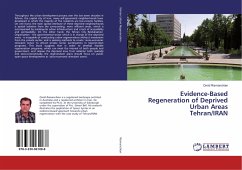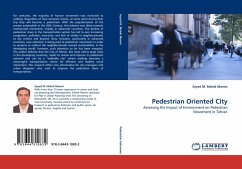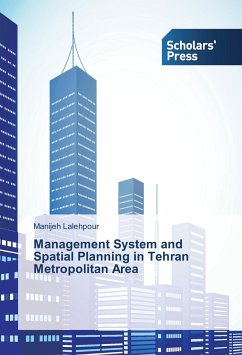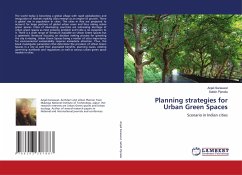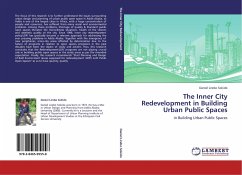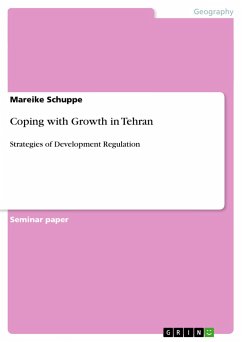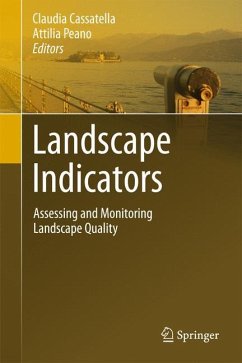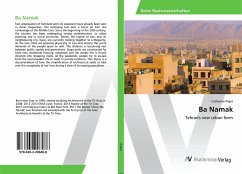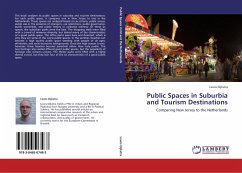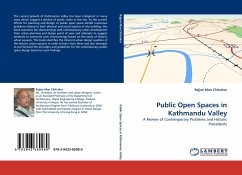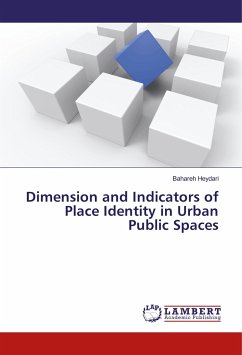
Dimension and Indicators of Place Identity in Urban Public Spaces
Versandkostenfrei!
Versandfertig in 6-10 Tagen
40,99 €
inkl. MwSt.

PAYBACK Punkte
20 °P sammeln!
Urban public places are considered as an important part of the historical context of all cities globally. They reflect the cultural, social and economic contexts of modern cities and play a significant role in shaping urban life, the image of the city and the identity of public spaces. The loss of place-identity, Topophilia and Place attachment in urban structural development and the increasing adoption of foreign cultural symbols, which are to the detriment and ultimate neglect of indigenous cultural and historical patterns, is one of the problems of modern urban spaces and a subject of contr...
Urban public places are considered as an important part of the historical context of all cities globally. They reflect the cultural, social and economic contexts of modern cities and play a significant role in shaping urban life, the image of the city and the identity of public spaces. The loss of place-identity, Topophilia and Place attachment in urban structural development and the increasing adoption of foreign cultural symbols, which are to the detriment and ultimate neglect of indigenous cultural and historical patterns, is one of the problems of modern urban spaces and a subject of controversy in the literature on urban development. The importance of this concern is related to the sociocultural and politico historical value of urban places as it has an immense influence on urban life. Despite efforts to revive local culture and identity, models used in most aspects of urban development continue to contradict the values and beliefs of the collective identity. This challenge includes neglecting the impact of the relationship between people and their environment and ignoring the relevance of place-identity to preserving a sense of identity in social interactions in public space.



